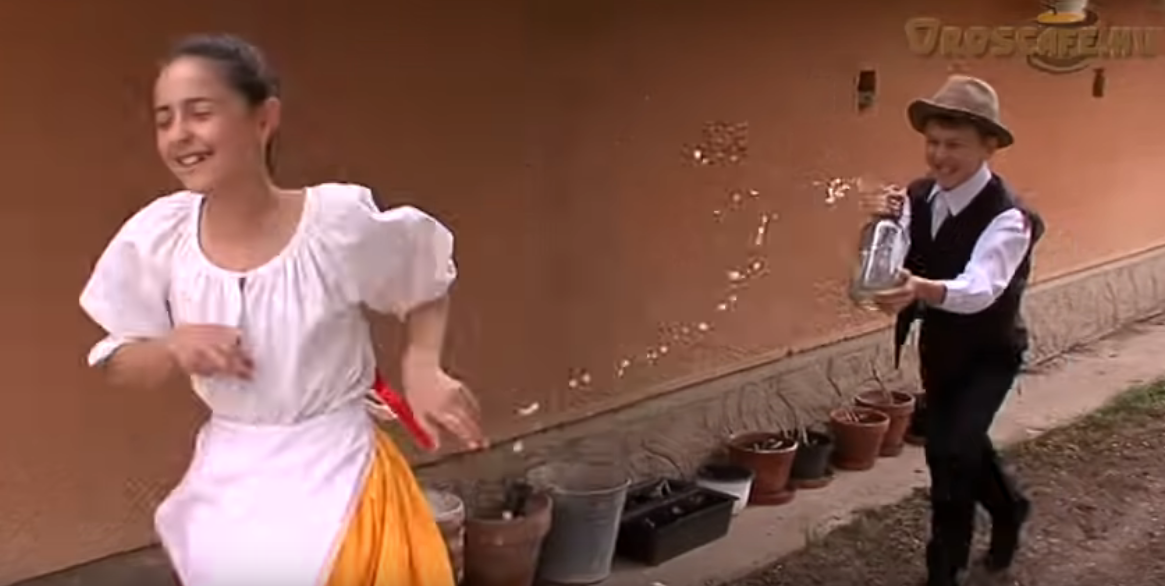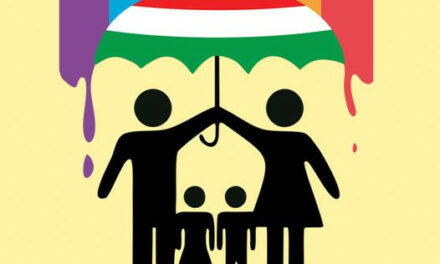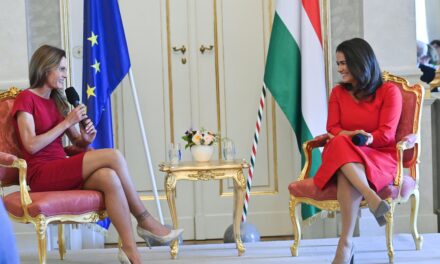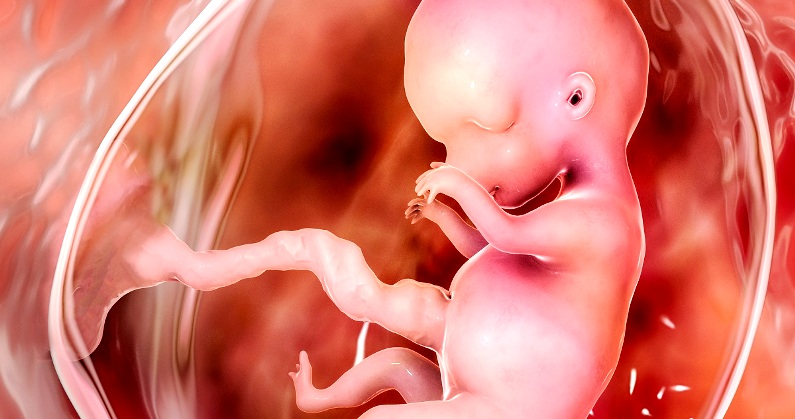The source of the habit of sprinkling has not yet been clearly clarified. In any case, it is certain that the pre-Christian ritual elements were superimposed on the Christian tradition.
Two explanations for its origin are known among the peasantry. According to one of them, it refers to baptism, the power of baptismal water, since in the past, baptism by immersion and pouring was around Easter.
The other explanation refers to the legend that the soldiers guarding the tomb of Jesus poured water over the women of Jerusalem announcing the news of the resurrection.
Watering is a real Hungarian tradition, despite the fact that it is also known in Slovakia, the Czech Republic and Poland. In Hungary, already in the XVI. We also find written memories of watering from the 19th century. On Easter Monday, boys and men sprinkle water and, according to a new custom, fragrant cologne on the girls and women they know, so that they always stay fresh and fresh.
Another purpose of watering is to ensure fertility.
Easter Monday was also known as Water Throwing and Water Vomiting Monday. Even in the XX. even in the middle of the 20th century, sprinkling with buckets of water was common, and on farms and in villages, girls dressed in festive clothes were thrown into the drinking trough. A finer form of sprinkling has spread in cities and nowadays almost everywhere. Buckets and soda siphons have been replaced by fragrant perfume or cologne. It is appropriate to recite a sprinkling poem for sprinkling, hoping for a male egg from the girl.












